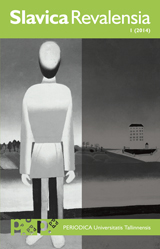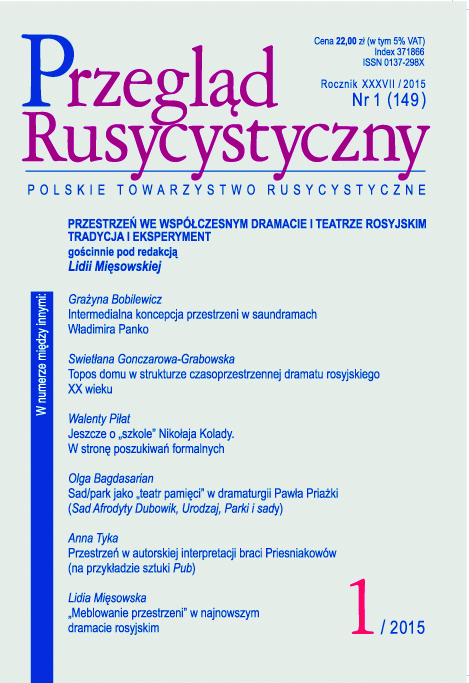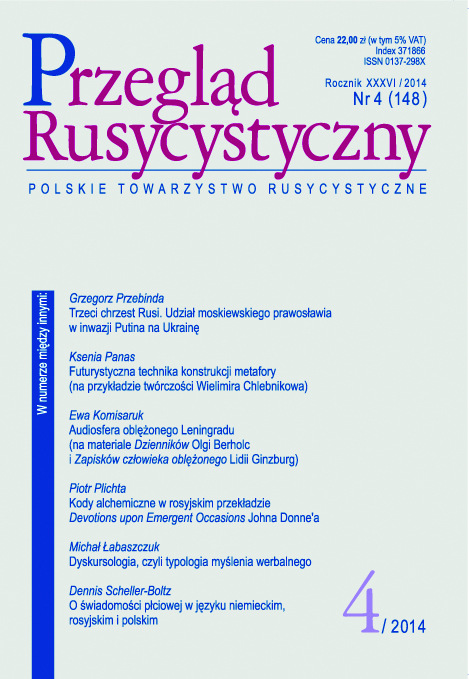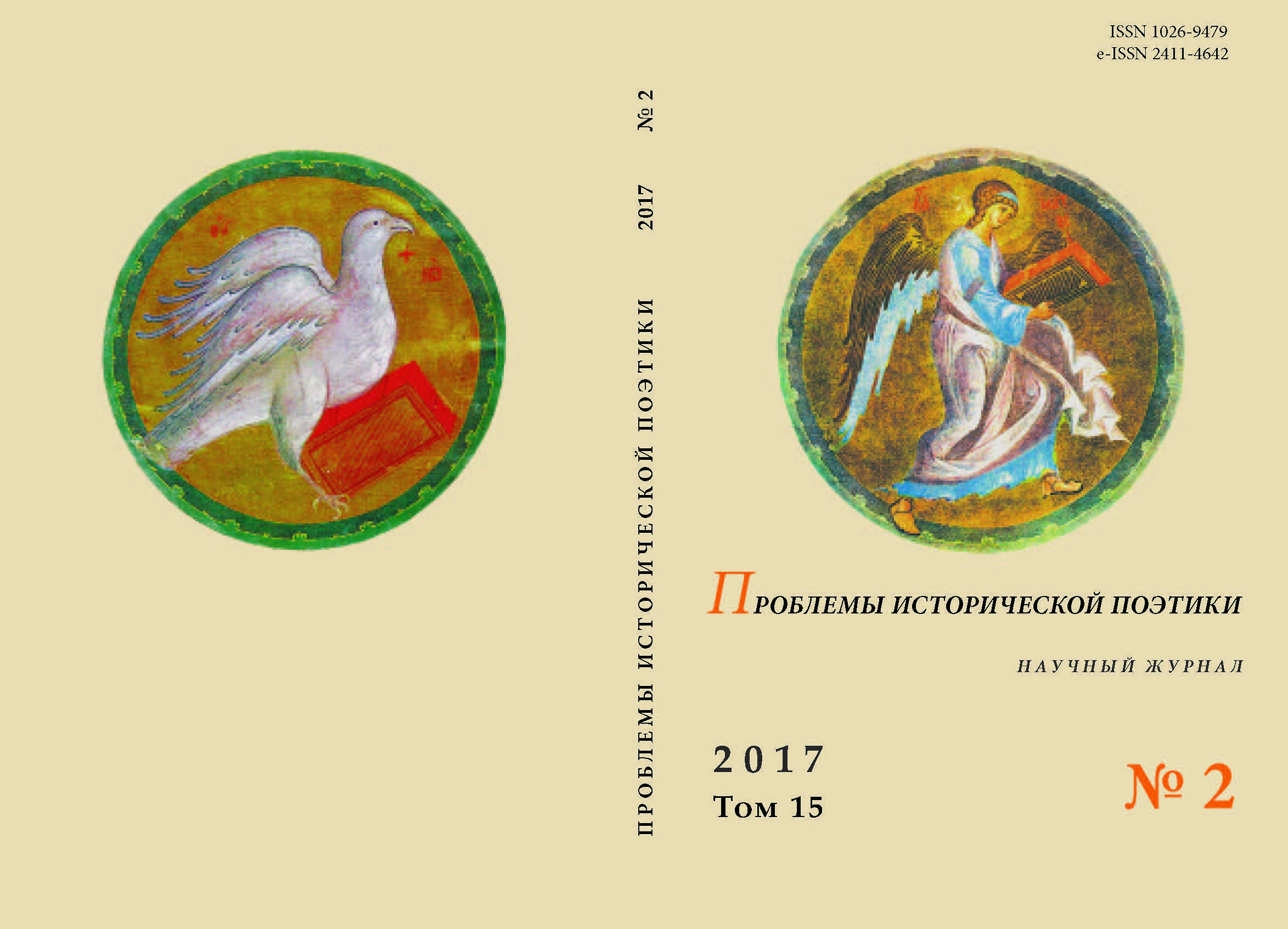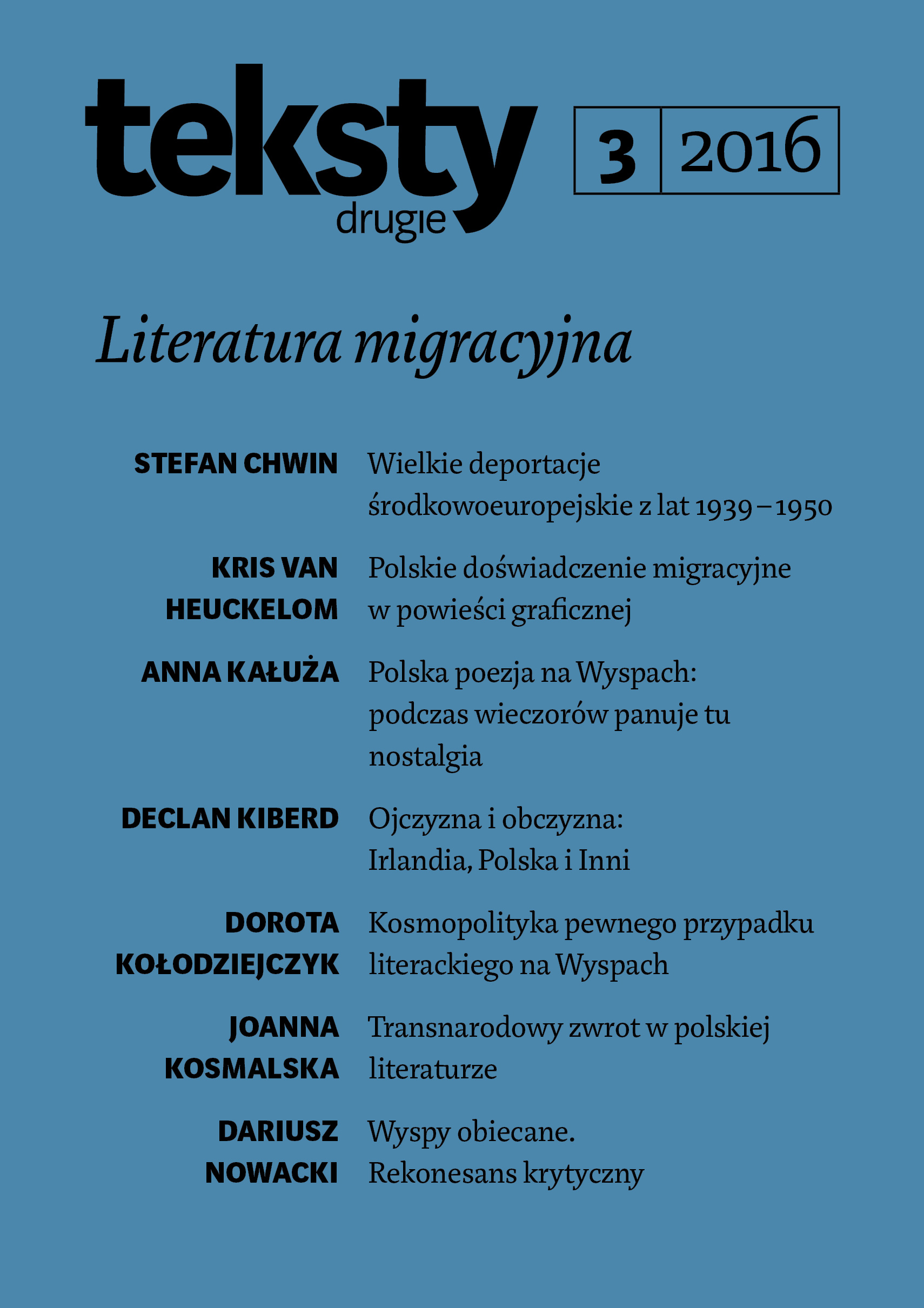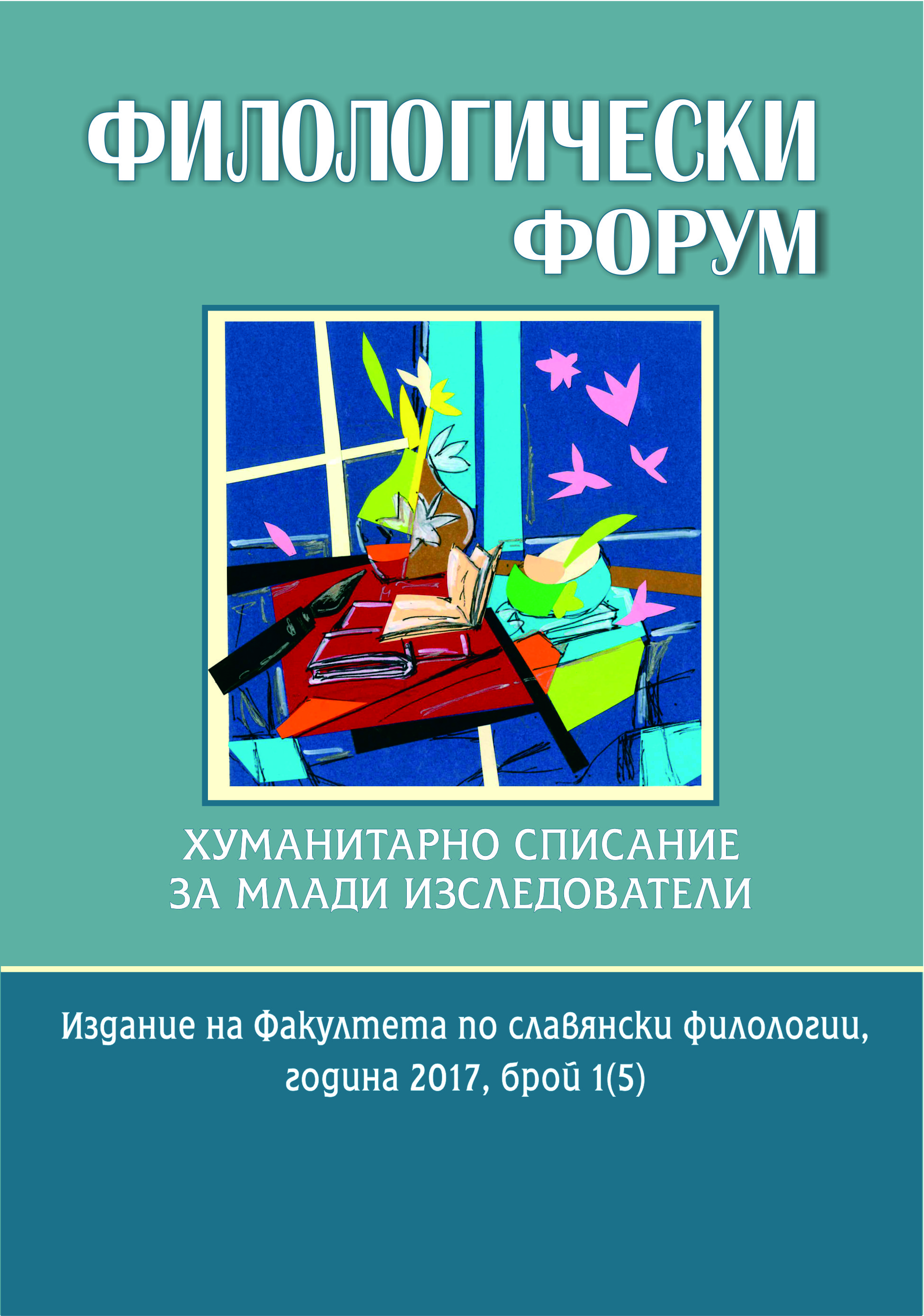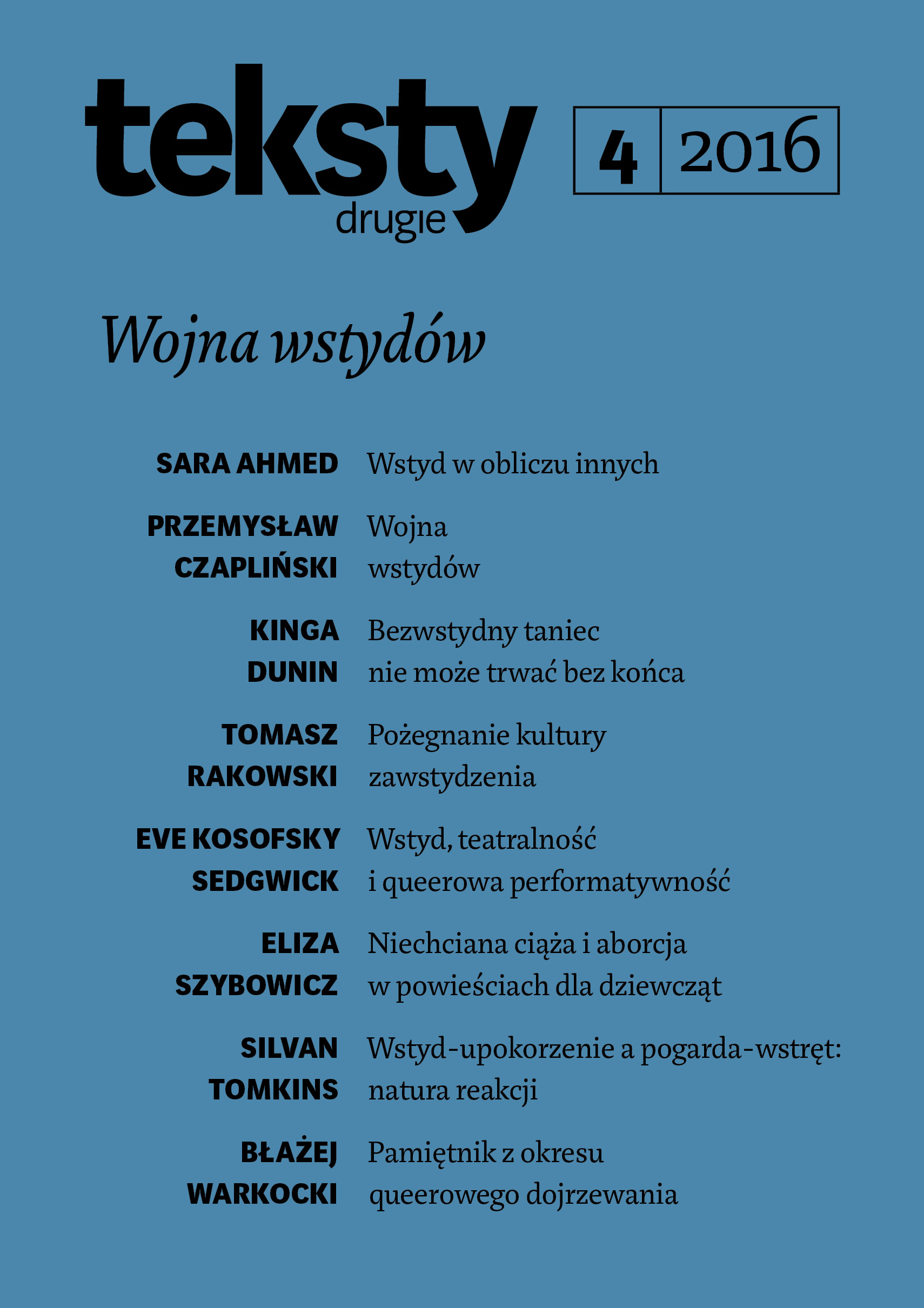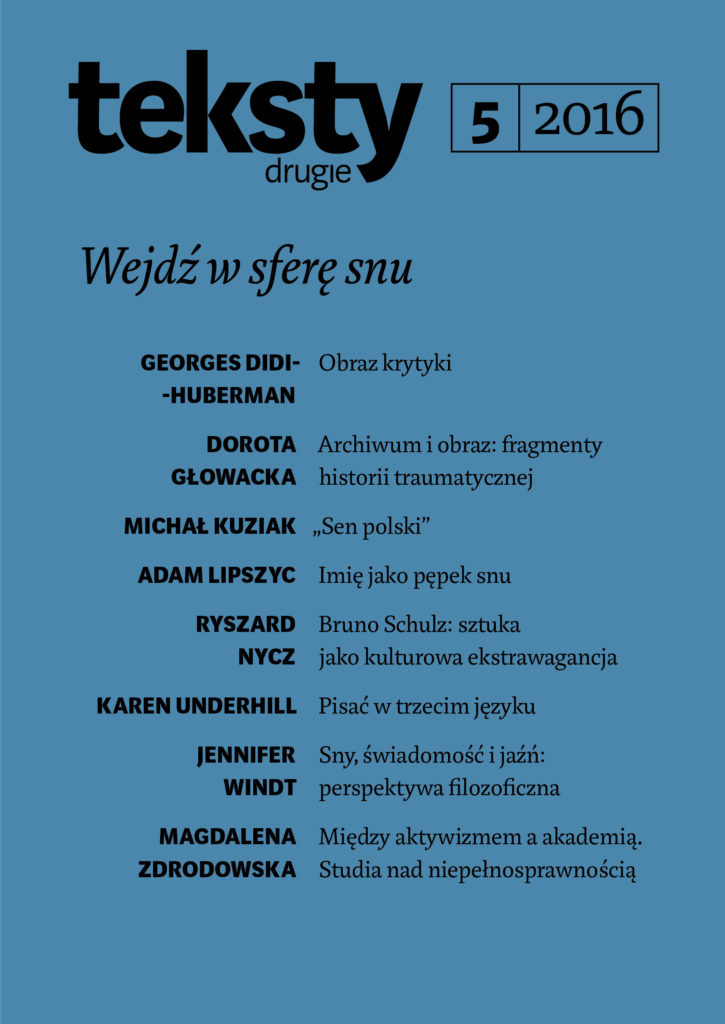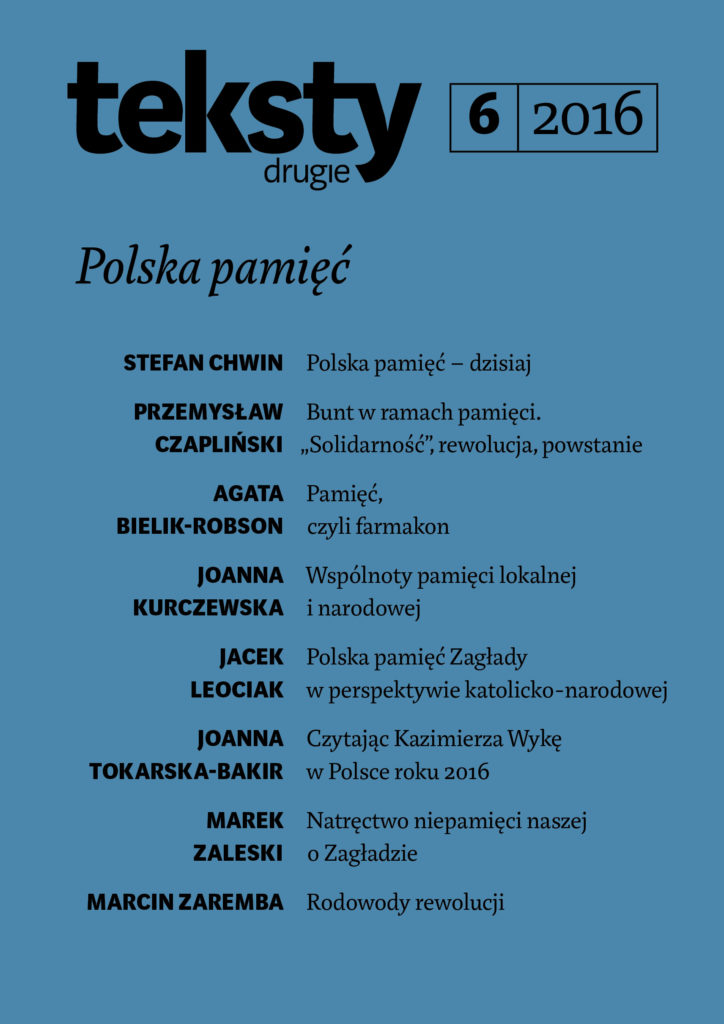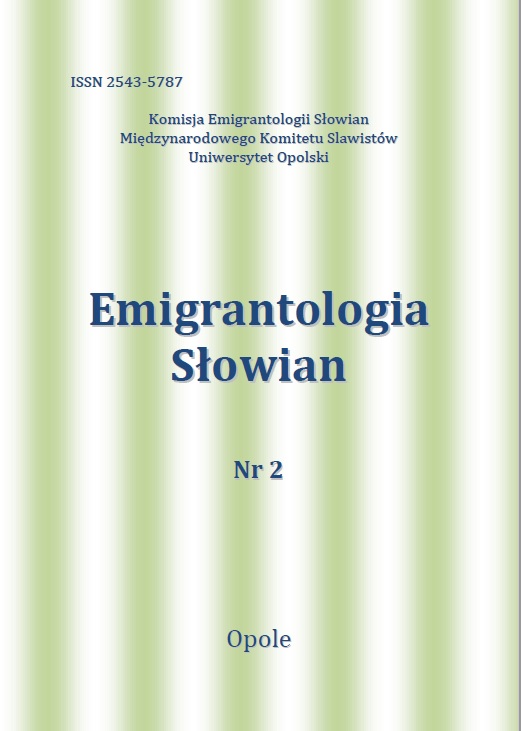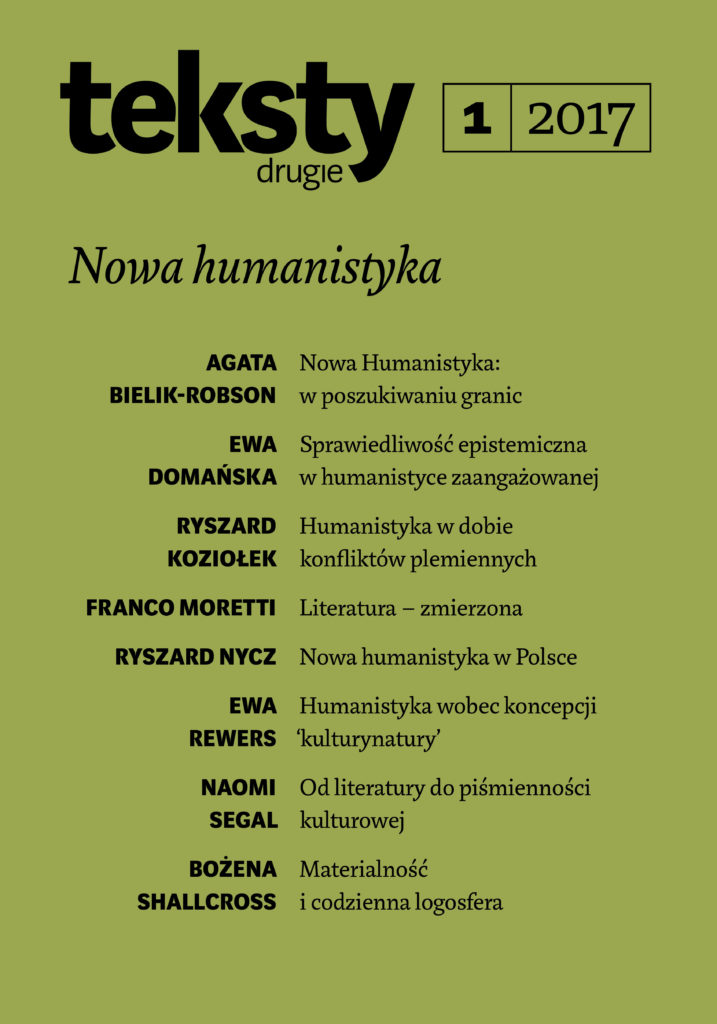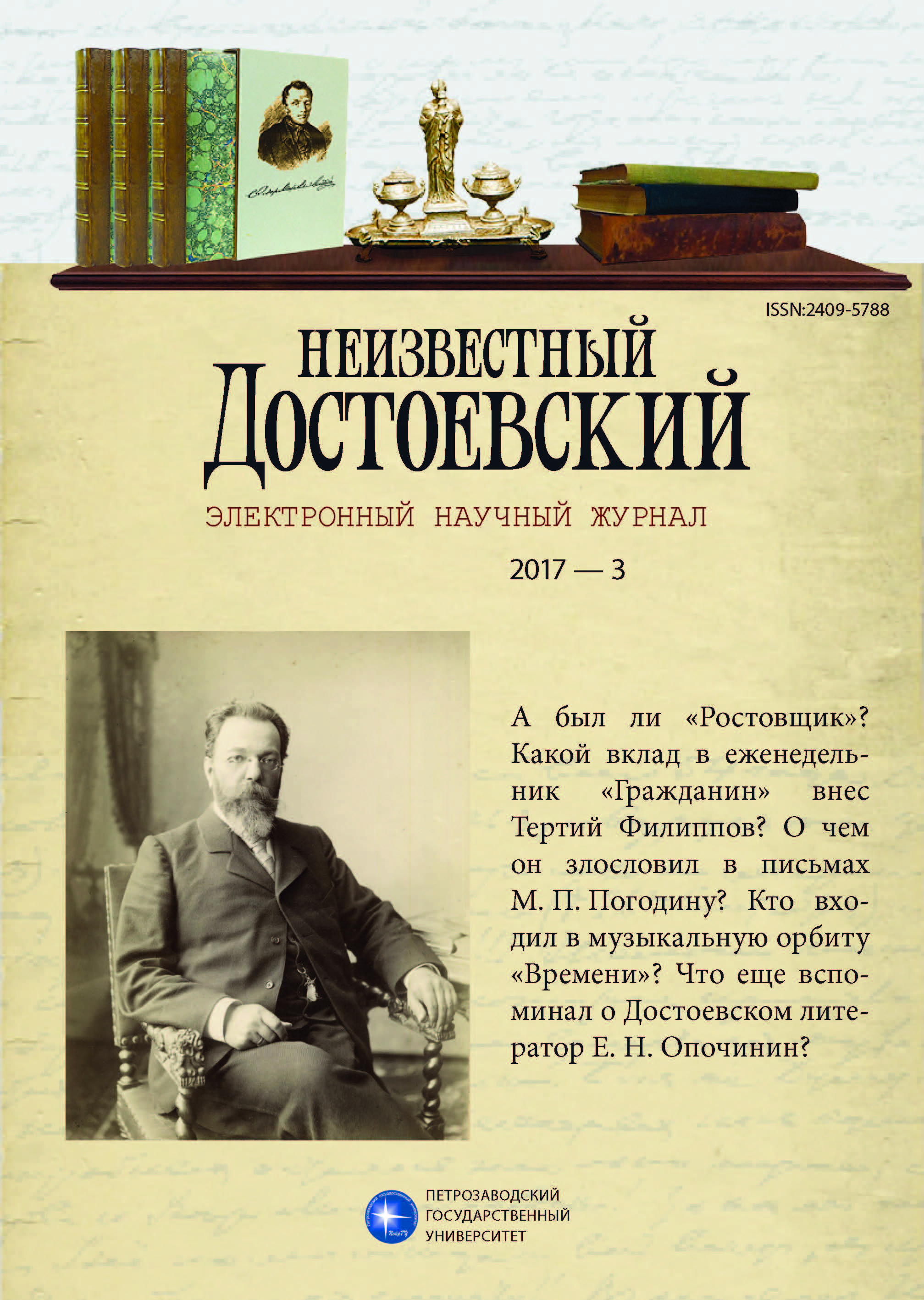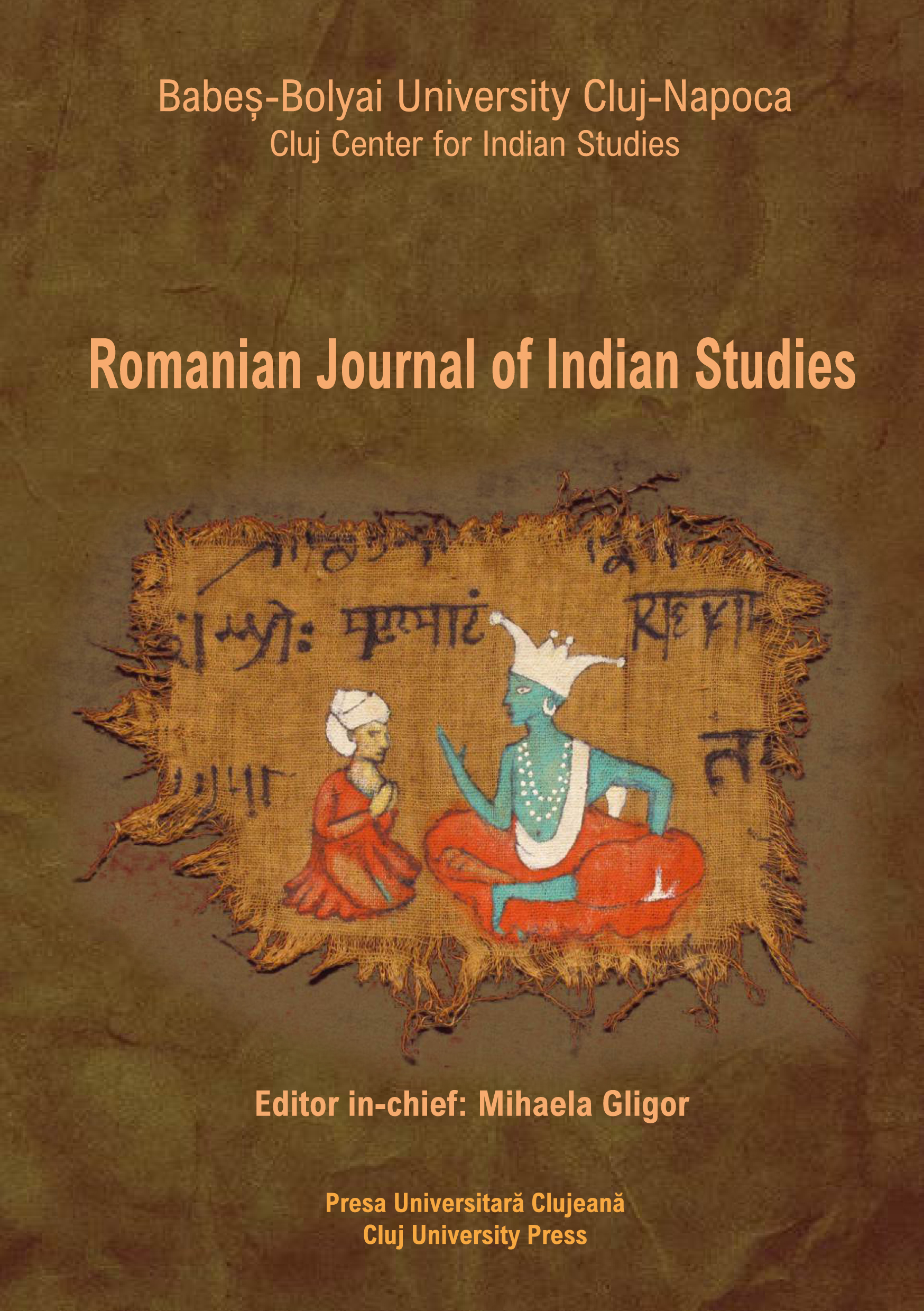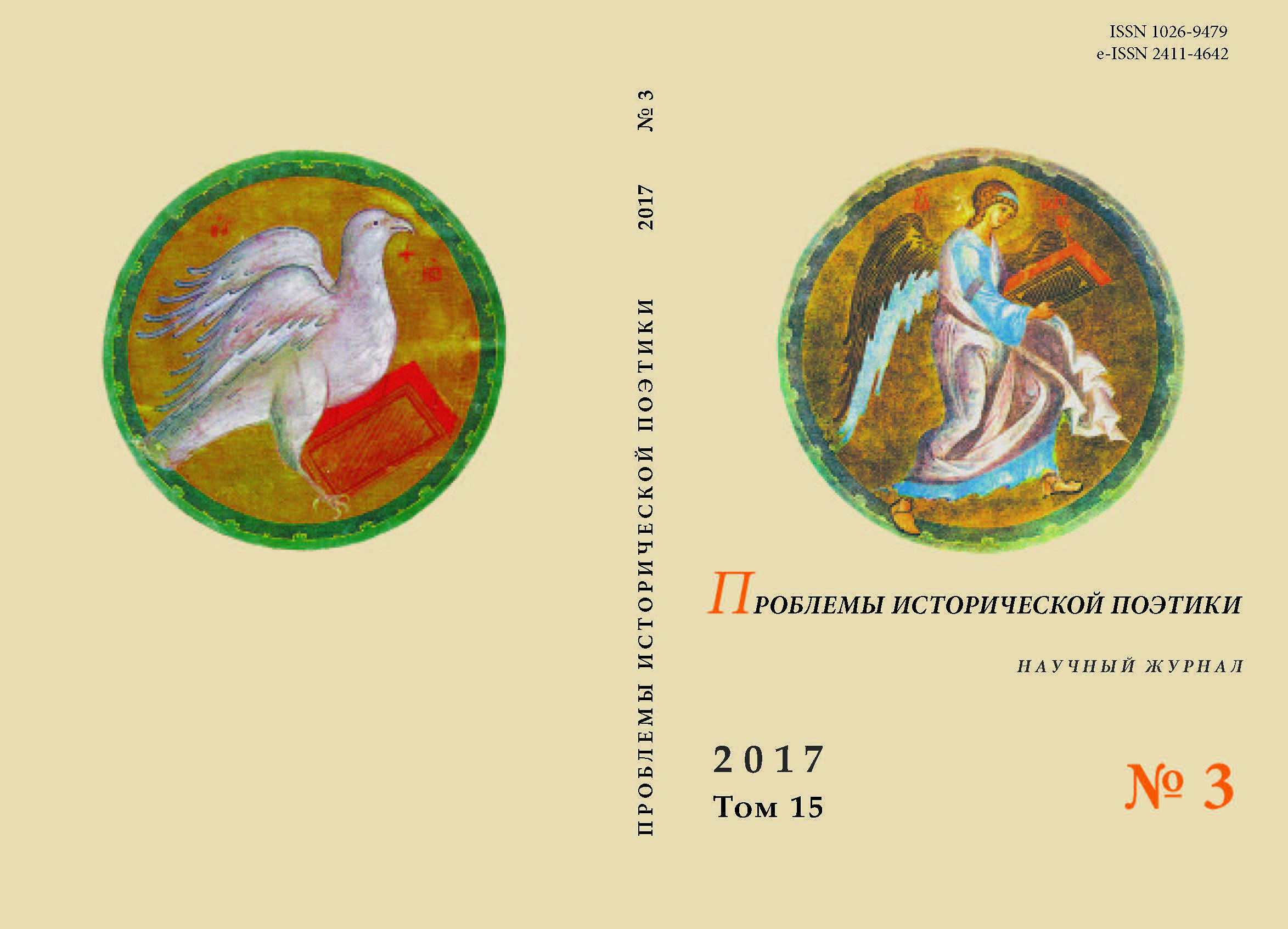Author(s): Elena A. Fedorova / Language(s): English,Russian
Issue: 3/2017
The article is dedicated to the analysis of the range of problems, tropes and literary types in E. N. Opochinin’s narration “Brothers” (1898). Evgeniy Nikolaevich Opochinin (1858‑1928) was a writer, archaeographer, collector, editor and employee of the newspaper “Government Printing Works”, an author of recollections and diary notes on F. M. Dostoevsky, A. N. Maikov, Ya. P. Polonsky and other his renowned contemporaries. He created various types of a Russian person in his writings, such as: an old believer, a hunter, an artist, a God’s fool etc. The story “Brothers” depicts an old believer who tries to break with his ambience. Opochinin’s narration reveals common tropes with Dostoevsky’s novel “The Brothers Karamozov”: rivalry between brothers, a revolt against relatives because of a woman, a spiritual crisis of the characters. After his protest the character of Opochinin’s story Mikhail Vyzhigin comes back to his community and becomes a hardcore old believer. Comparative — typological and structure methods make it possible to discover the peculiarity of the literary type conceived by Opochinin. The same as Dmitry Karamazov and Mikola the dyer in the “Crime and Punishment” Opochinin’s hero wants to wash away his guilt by suffers, he looks for spiritual light, but unlike Dostoevsky’s characters, he chooses an unblessed way, deprived of joy, he is driven by fear of God and not by love. Eschatological visions of the character become an instrument of revealing of the character’s inner world. Moreover, the writer uses a characterological and narrative antinome. Mikhail Vyzhigin wants to obtain the Truth turns to be deceived by his acquaintances.
More...
